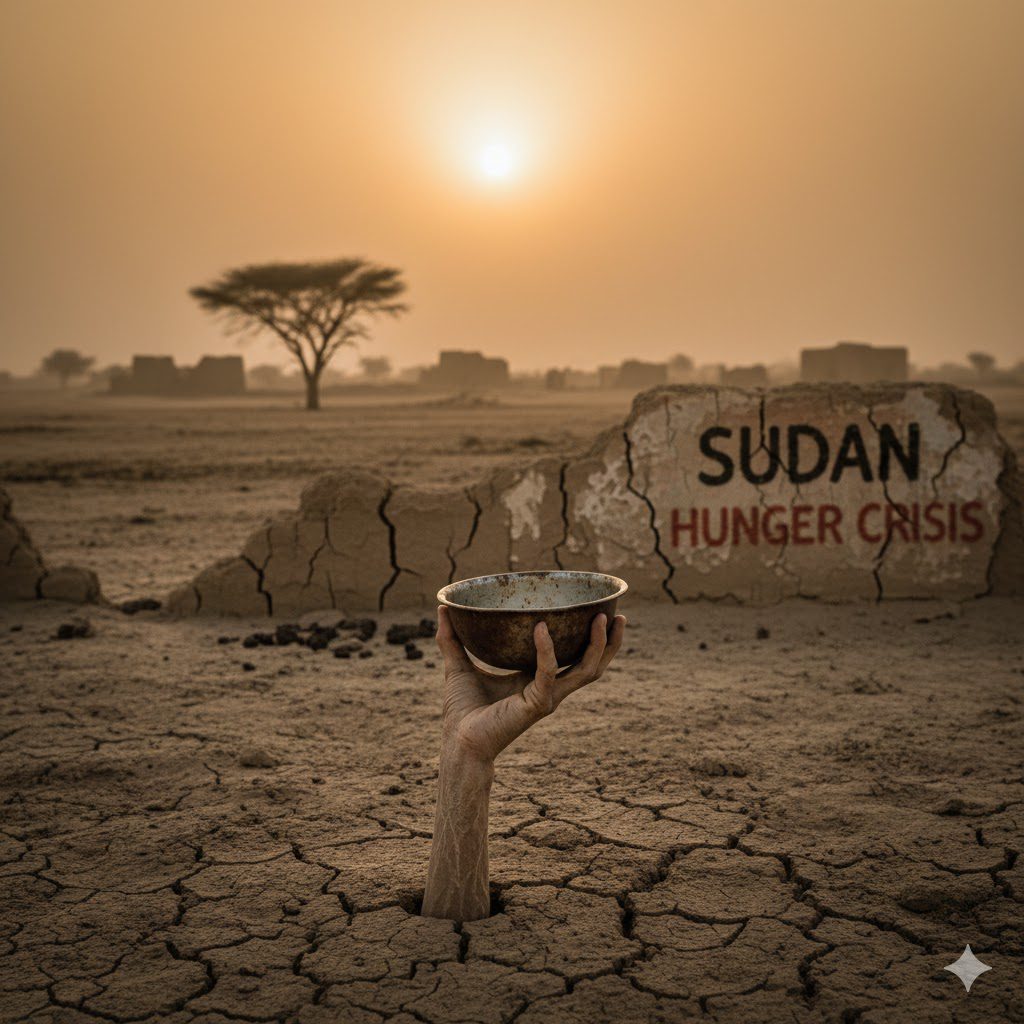
Sudan’s poverty rate has surged to 71% of the population due to the war and its economic fallout, Human Resources and Social Welfare Minister Moutassim Adam Saleh said on Saturday.
Saleh, speaking at a Sudan News Agency (SUNA) briefing in Port Sudan, said the proportion stood at about 21% before the conflict. He put the number of people now living in poverty at roughly 23 million. He did not provide a methodology, and the headcount implied by his estimate differs from other population figures for Sudan.
The minister said the government would coordinate with civil society and media to mitigate the crisis and outlined plans to create a unified social registry to target assistance. He said immediate support was needed for around 50,000 people displaced from El Fasher and El Khuwai.
Saleh described conditions in El Fasher as a “humanitarian catastrophe” and accused the Rapid Support Forces (RSF) of abuses against civilians. He said the government would pursue justice for victims and vowed to continue resistance against the RSF.
He said the Zakat Board had allocated 10% of its first-quarter surplus to besieged cities, including 7% for El Fasher, and that funds for children without parental care would be channelled through affected state governments.
Planned measures for 2026 include women’s empowerment programmes, pension payments, expansion of international partnerships, school feeding, enrolling 300,000 additional families in health insurance, continued voluntary returns and job creation for 150,000 people, he said. The ministry estimates more than 100,000 displaced people have returned to their areas of origin, and about 1,000 youth employment projects are being prepared in Khartoum.
Earlier assessments by U.N. agencies and partners said about 25.6 million people—over half the country—faced acute food insecurity by mid-2024, and some 3.6 million children suffered acute malnutrition. The World Food Programme said in early 2024 that more than 95% of Sudanese could not afford one daily meal.




